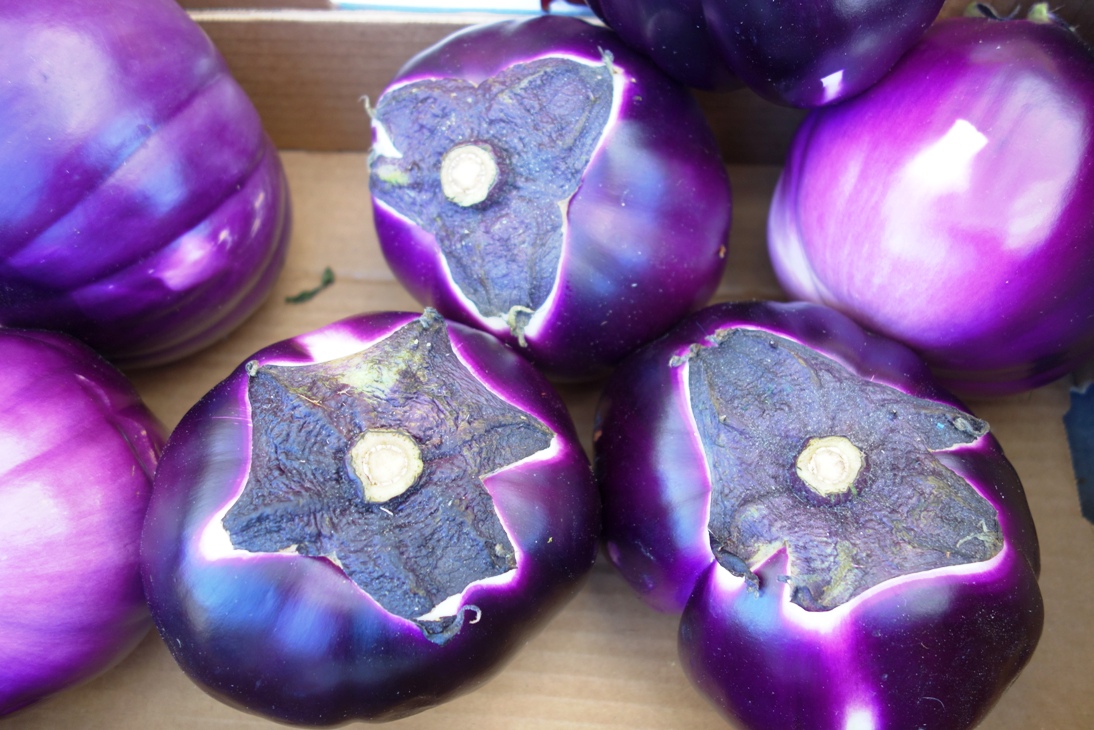
Many friends keep asking me why I pay so much attention to buying organic. They are skeptical about the benefits of avoiding chemicals in our food, considering that we live in an industrial country with massive environmental pollution and many external factors that negatively influence our health. According to some people, it certainly won’t matter if my apple is organic or not, when severe environmental pollution causes lethal diseases, disabilities and deaths of millions of people worldwide.
So why does it matter where we get our food from and what it actually contains?
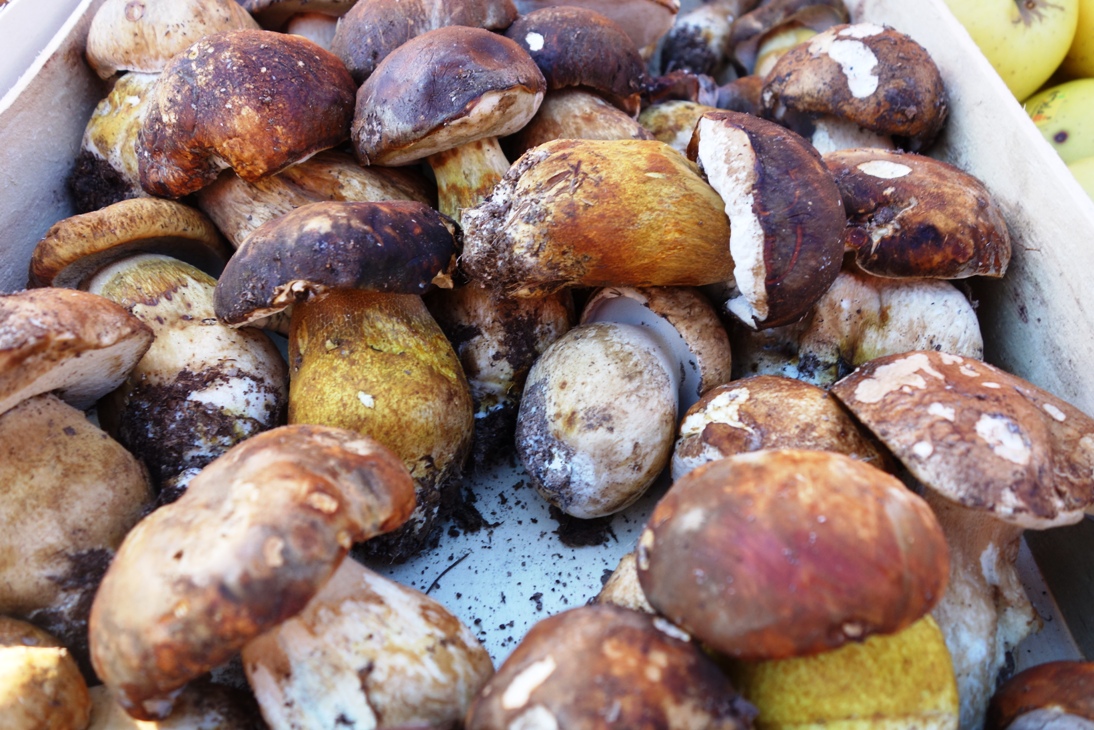
Over the last decades, we were able to observe a dramatic change of our environment in terms of soil quality. In order to grow more crops and gain more profit at less costs, many companies and farmers fall back on different kinds of pesticides and chemical fertilizers. Those are used in conventional agriculture to satisfy the needs of modern mass production. The price however is high: Contaminated soil and waterways, depleted nutritional value and increased soil erosion are the consequence.
Pesticides are designed to kill organisms and living creature on our fields, trees and foods. They respectively have a toxic effect on our bodies as well. Apart from causing short-term health issues, such as nausea or headaches, they also trigger chronic diseases, such as cancer. If you want to learn more about the different types of pesticides and their overall impact on our health, I recommend the article “The Problem with Pesticides” from Toxics Action Center http://www.toxicsaction.org/problems-and-solutions/pesticides.
Research has also shown that conventional food lacks many micronutrients (vitamins and minerals), after it has been genetically modified and grown with hormones and antibiotics. Conversely, organic food is more nutritious and higher in antioxidants. Additionally, farmers who grow organic use natural methods to fertilize and control weed, thus promoting water and soil preservation and reducing environmental pollution. By supporting these farmers, we not only ensure the production of organic food but also contribute to a sustainable and toxin-free world in the long run.
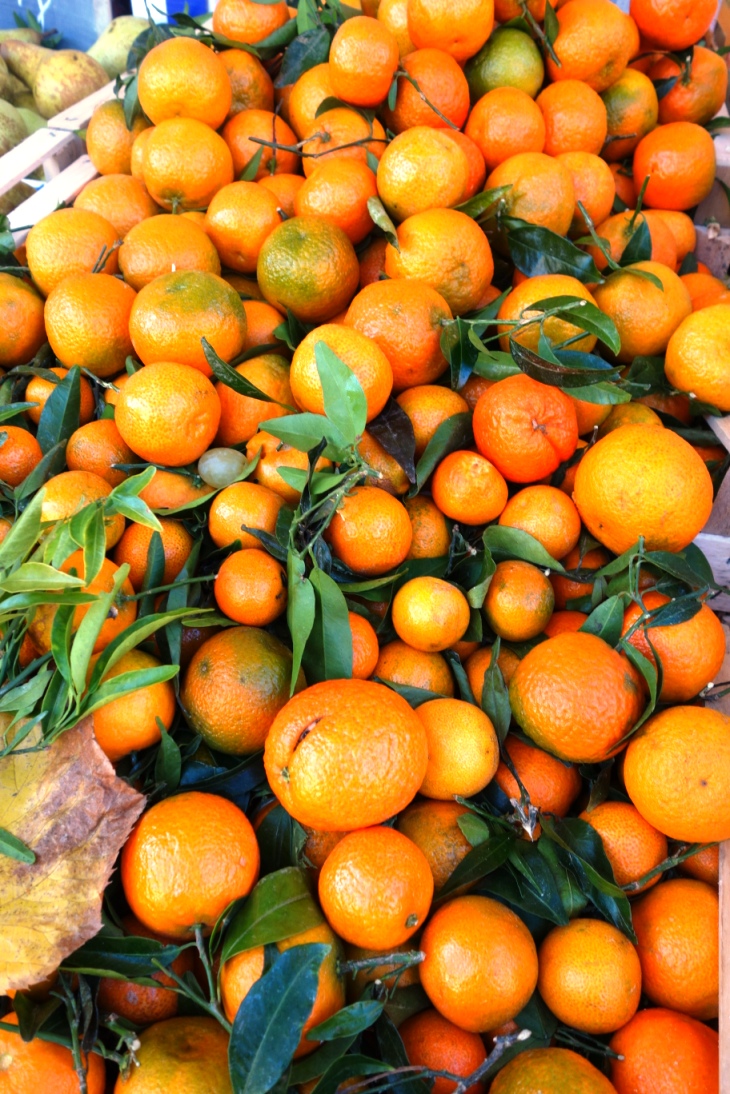
Furthermore, we should not underestimate the fact that whole and organic food ensures a healthy and strong body, which is well equipped to fight other environmental damages that we cannot circumvent. By enhancing our innate abilities to heal ourselves and strengthen our cells to fight diseases, it becomes easier for our bodies to combat the toxins that we are exposed to on a daily basis.
We know that conventional agriculture is harmful to both our health and environment. Yet paradoxically, many people still ignore these insights as if we were immortal.
Even if it sounds ideological, I strongly believe we should do everything we can to live in a better and more sustainable world. Our deeds might appear marginal in the beginning, but they add up: We can’t stop all the cars – but we can buy organic. We can’t reduce overall water pollution – but we can avoid littering and encourage our friends to do the same. It’s all about perspective and our intrinsic motivation.
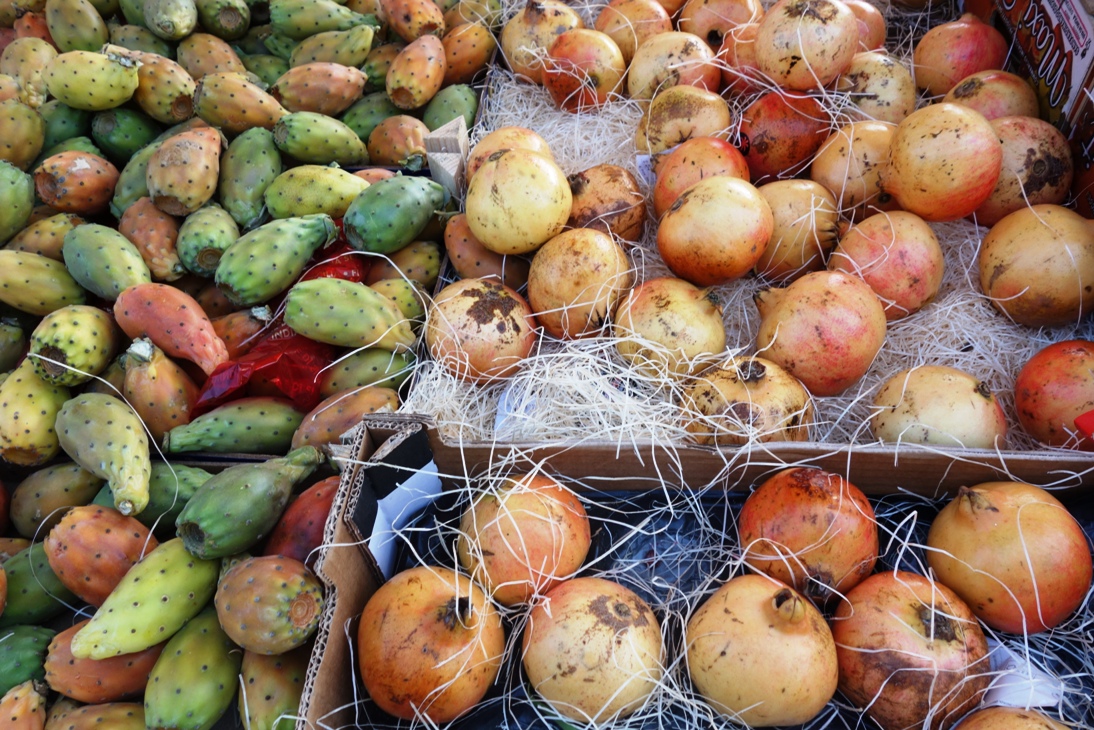
Coming back to my initial question, why eating organic matters, I am convinced that it offers many health benefits and also reinforces a clean and sustainable handling of our environment. Even though it is very convenient to hide behind the fact that we seem too small and trivial to make a difference, we do have the responsibility for our planet, health, and future generations.
We don’t have the power to control everything, but we have the power to care about the things that we are in control of. That’s why organic! Because health does matter.
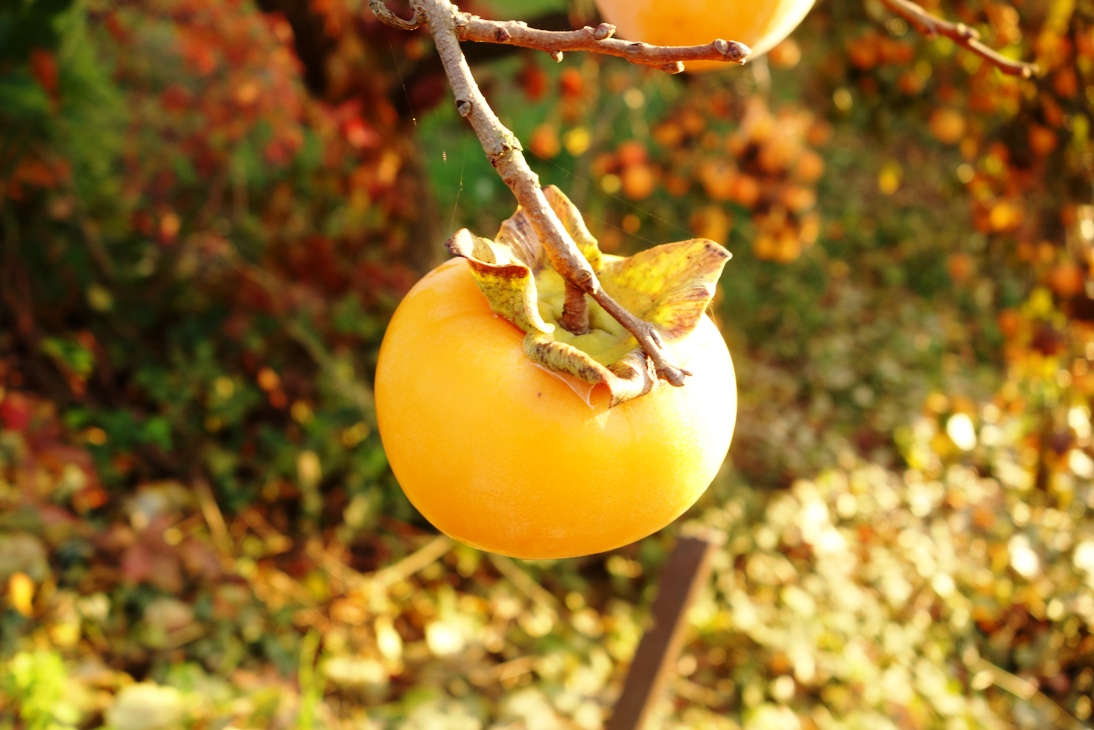

Leave a Reply